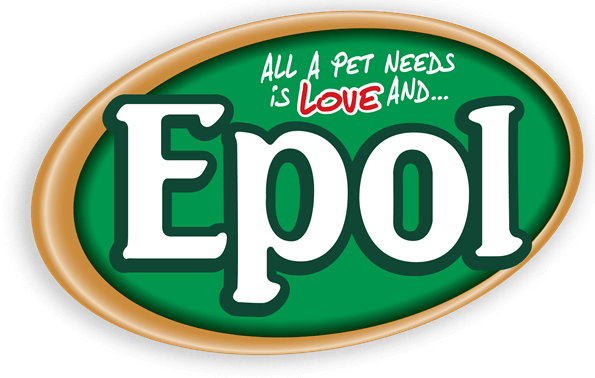Feeding Guidelines
It is important to ensure that your furry best friend receives all the essential components of a well-balanced meal.
Ingredients that are crucial to the healthy development and maintenance of your cat or dog include:
Proteins for tough muscles and tissues, as well as amino acids that rebuild damaged cells
Carbohydrates to provide the energy they need throughout the day
Good fats with oils that aid vitamin absorption, promote shiny coats and mental acuity
Vitamins and minerals vital for strong teeth and dense bones
Bear in mind, however, that your pets needs change as they age, and according to their breed.
Chocolate – White, milk, dark and baking chocolate have progressively higher levels of toxicity in them. As a rule, the more bitter it is, the more poisonous it is to your dog. Although, the large quantities of fat and sugar in lighter varieties aren’t good either.
Grapes and raisins – This food in every variety is poisonous to dogs and, unfortunately, hounds hardly show any sign of illness until severe damage has been done to their kidneys. You’ll need to keep your eyes peeled for unusual sleepiness, stomach pain, lack of appetite, vomiting or diarrhoea.
Xylitol – This substance is commonly found in sugar-free products, such as gum, mints and certain toothpastes. When a dog gets his paws on any of these items, their bodies produce an excess of insulin that can rapidly drop to fatal levels. A weak, tired or shaky pup that vomits or collapses may be showing signs of Xylitol poisoning.
Macadamia nuts – While these items aren’t lethal to canines, eating just a few of them can paralyse your dog for 24 to 48 hours. The human snack has a highly negative affect on their nervous systems, hindering muscle function.
Raw bread dough – Prepared with yeast and eaten by your pooch, dough expands in their oven-like tummies and then disintegrates into carbon dioxide gas and alcohol. You’ll have to watch for a swollen stomachs, dry heaving and weakened limbs. If unnoticed, this can escalate to seizures and gastric dilatation.
The result can be minor dehydration or life-threatening organ failure. We advise that you keep their bowls filled with clean water every day. You should also provide more H2O on hot days, when your dogs are especially active or if your pooch is pregnant. A dry nose and gums, as well as skin tenting are all signs to look out for.
